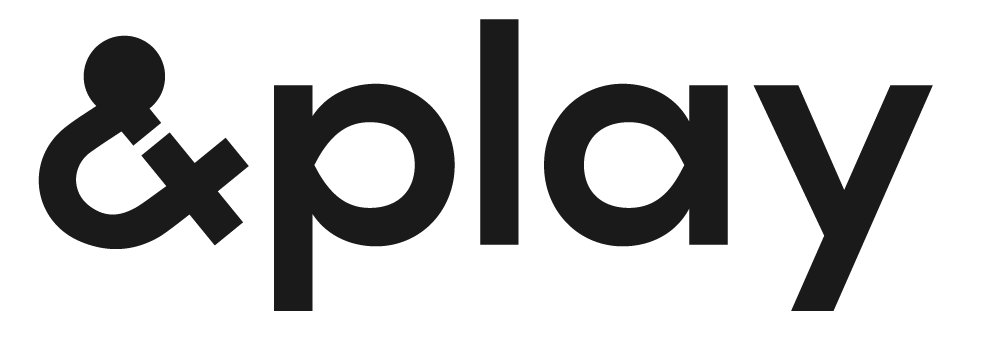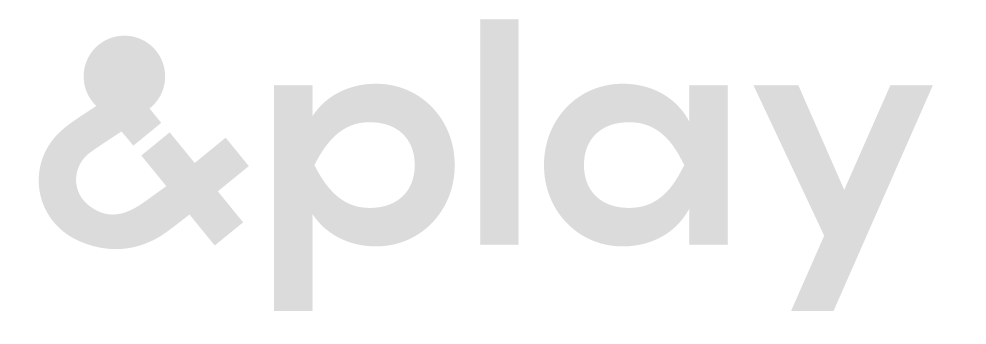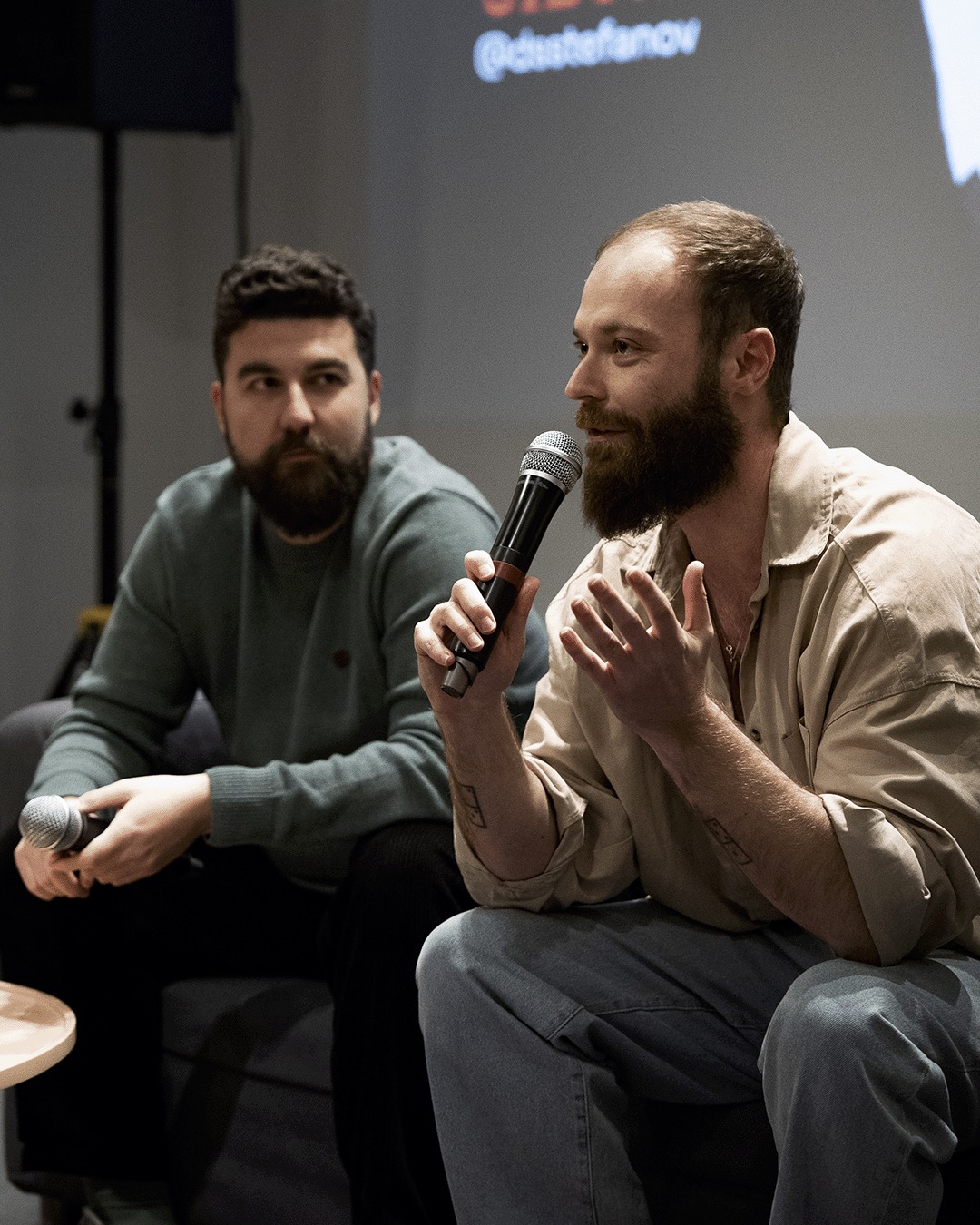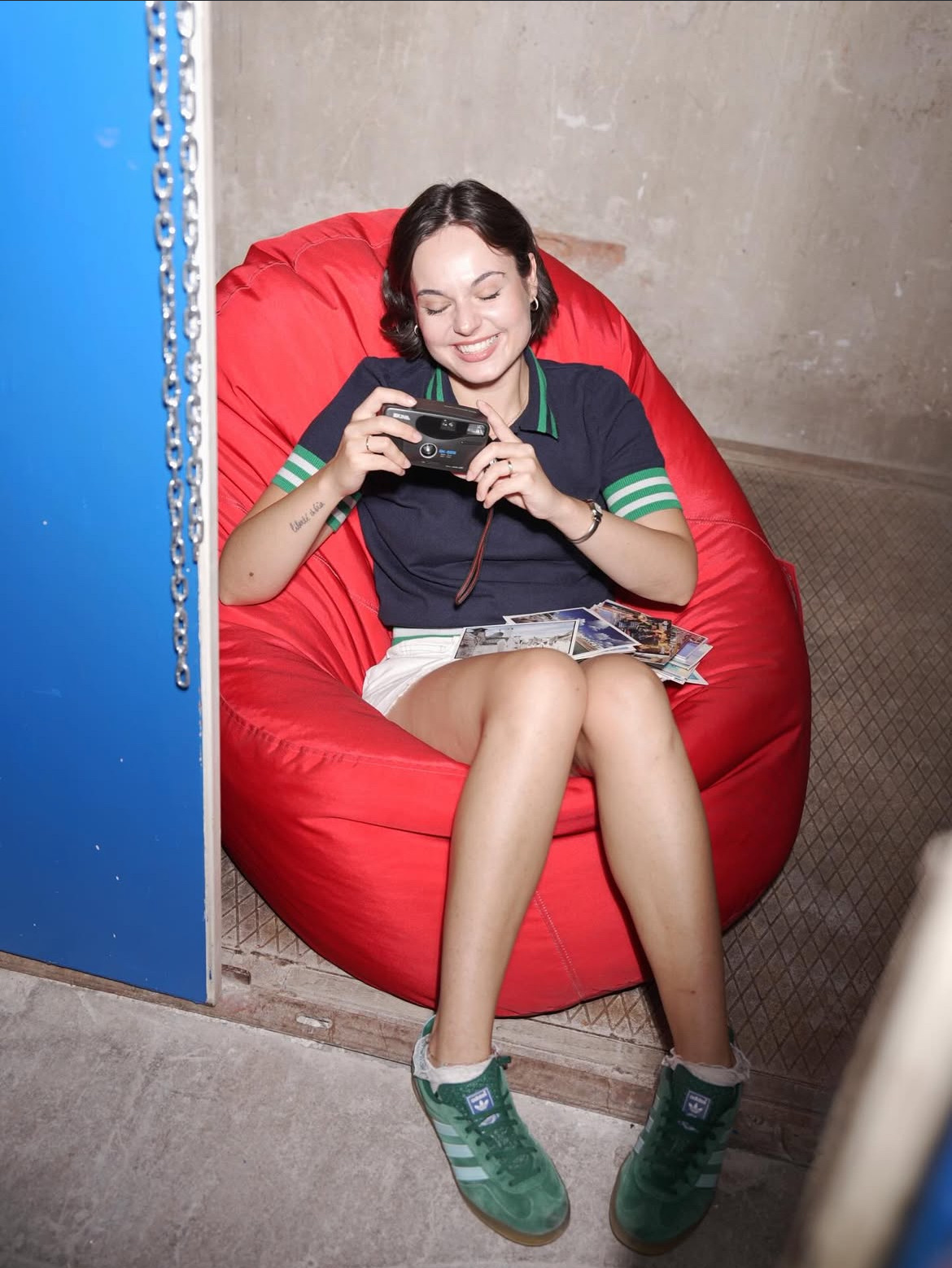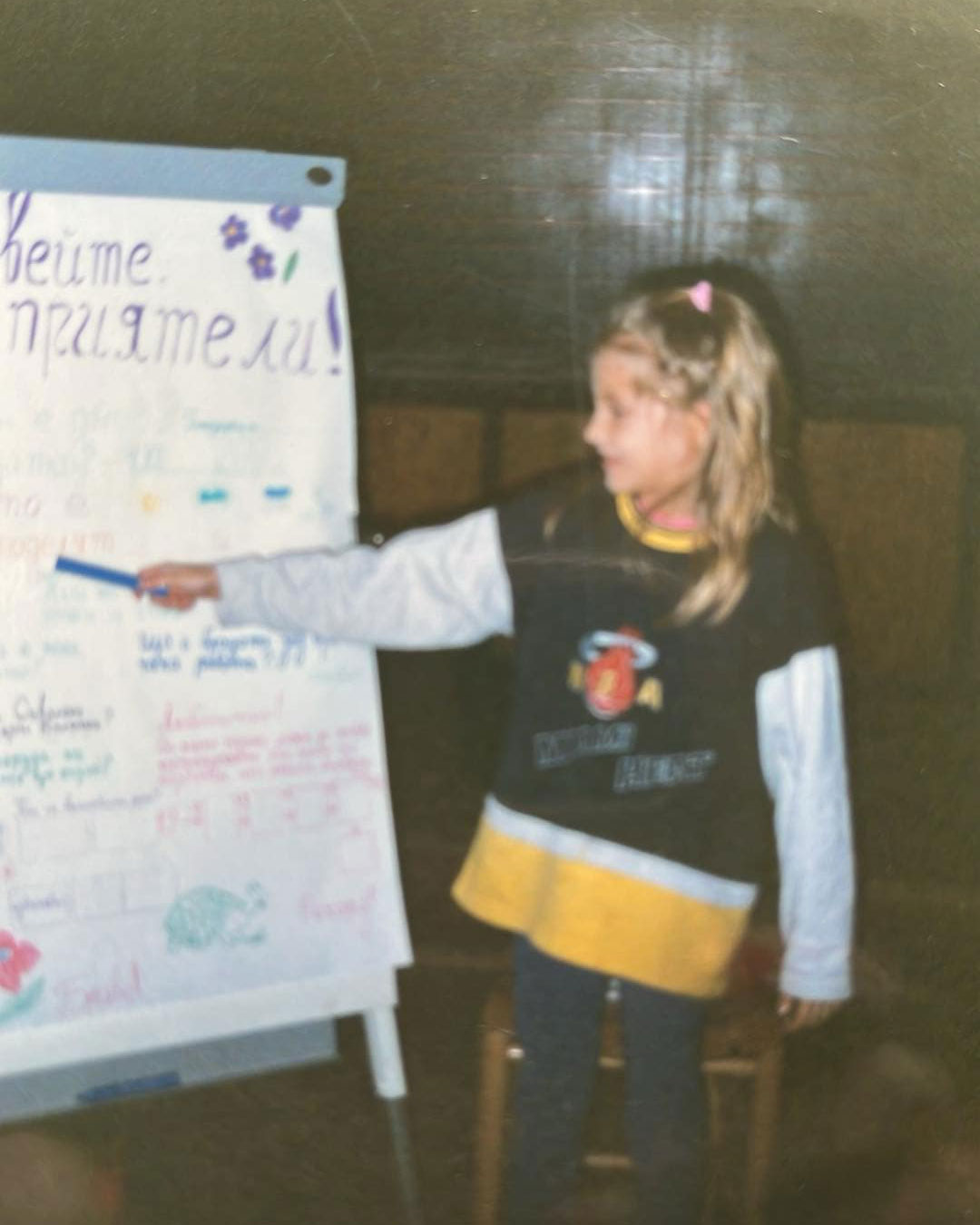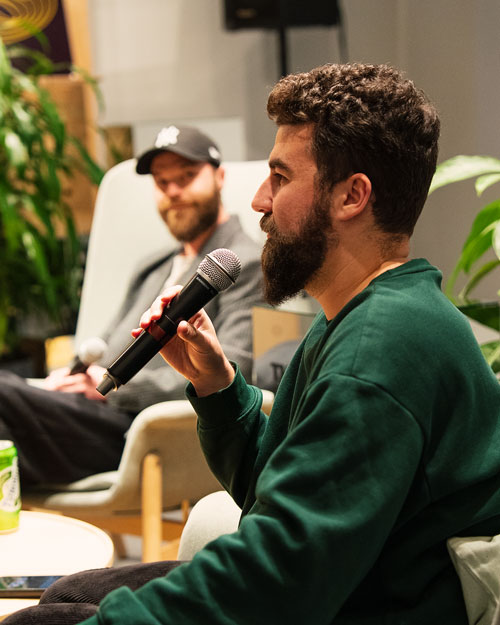Living in the Dark Ages of Bulgarian advertising – and why that’s exciting
If you try to look at our times from a distance, there are significant parallels between now and the 90s.
From the perspective of Bulgarian advertising, it’s the Second Dark Age. And while it may seem bleak on the surface, this could actually be the most exciting time for creativity and transformation in decades. Here’s why.
Nostalgia has no power here
Try to think of a Bulgarian ad slogan; the first that comes to mind. In a room full of people, you’ll hear classics like “Мъжете знаят защо” (Men know why), “Вафла трепач” (A killer wafer), “Балканът пази своите тайни” (The Balkan keeps its secrets) and a whole bunch of bombastic sounding ad messages.
What do these have in common? They’re all from the 1990s or early 2000s. Try asking someone to name a recent campaign that can stick in their mind for so long. You’ll be lucky if they can name one, let alone several.
But this isn’t to say that advertising today is simply bad. Far from it. The challenge lies in a stark contrast between then and now—brands used to take risks. Today? Most play it safe.
The price of playing it safe
It’s no secret that data-driven decision-making has dominated the industry. Brands rely on research, metrics, and consumer insights to create campaigns that are targeted, optimized, and, alas, risk-free. But while these campaigns often “check all the boxes,” they fail where it really matters in terms of brand building: being memorable.
The cost of this caution isn’t just creative; it’s financial. Brand Expert Adam Morgan, in his book Eating the Big Fish: How Challenger Brands Can Compete Against Brand Leaders, highlights research showing that more than 80% of ads fail to achieve the attention needed to make an impact on brand building. Despite this, two-thirds of Brits in a recent study say they feel bombarded by advertising. If somebody had asked Bulgarians the same question, the answer would be very similar, too.
And here’s the kicker: brands with “boring” campaigns need to spend £10 million more on media to achieve the same brand effect as those with fun, engaging, and memorable content.
So, why do we call it the Dark Ages?
As mentioned in the beginning, we see some stark parallels between today and the 1990s in three key areas:
1. Social and Political Turmoil
In the ‘90s, Bulgaria grappled with hyperinflation and political instability. Fast forward to today, and we’re still wrestling with uncertainty: economic challenges, the aftermath of a global pandemic, and ongoing geopolitical tension. Businesses are understandably cautious, but this same hesitancy holds them back from embracing bold, culture-shifting work.
2. Technological Shifts
Back then, television revolutionized advertising in Bulgaria. Today, we’re navigating a digital age where hyper-personalized content can make anyone a creator or influencer.
3. Generational Change
The 1990s marked the rise of Bulgaria’s first professional advertisers.Born in Socialist times and having to share this opportunistic wasteland of a country with the original Bulgarian mafia.
Now, Gen Z is entering the industry, bringing with them new perspectives and demands for inclusivity, authenticity, and social responsibility.
The Gen Z Factor
Gen Z is already influencing brands as both consumers and professionals. They are Bulgaria’s most open-minded, socially aware generation to date. They value authenticity and expect brands to take a stand on issues that matter. Generic campaigns won’t cut it with them, and the industry is beginning to feel that shift.
Where Are We Going?
Periods of uncertainty—like the so-called Dark Ages—are often where the seeds of transformation are planted. In advertising, this means:
- Bridging Generational Gaps
Older audiences still lean heavily on traditional channels like television and Facebook, while younger ones gravitate toward TikTok and Instagram. Brands must learn and are already learning to connect with both. But Millenials and Gen Z are the ones with the most buying force and the ones brands should prioritize appealing to.
- Redefining Creativity
The time has come to embrace risk again. Bold, culturally relevant campaigns that provoke real emotion will stand out in a sea of sameness.
- Using Technology Wisely
AI and data tools are powerful, but they’re no substitute for creative vision. Using these tools strategically—not just for show—can unlock new opportunities.
Looking Ahead
There’s a reason to feel optimistic. With Millennials and Gen Z increasingly stepping into leadership roles, we’re on the brink of a creative renaissance in Bulgarian advertising. The transition won’t be immediate, but the groundwork is being laid for bold, memorable campaigns that resonate deeply.
The so-called Dark Ages aren’t a setback. They’re a proving ground. A place where we can experiment, innovate, and redefine what great advertising looks like.
And that’s a challenge we wouldn’t shy away from.
